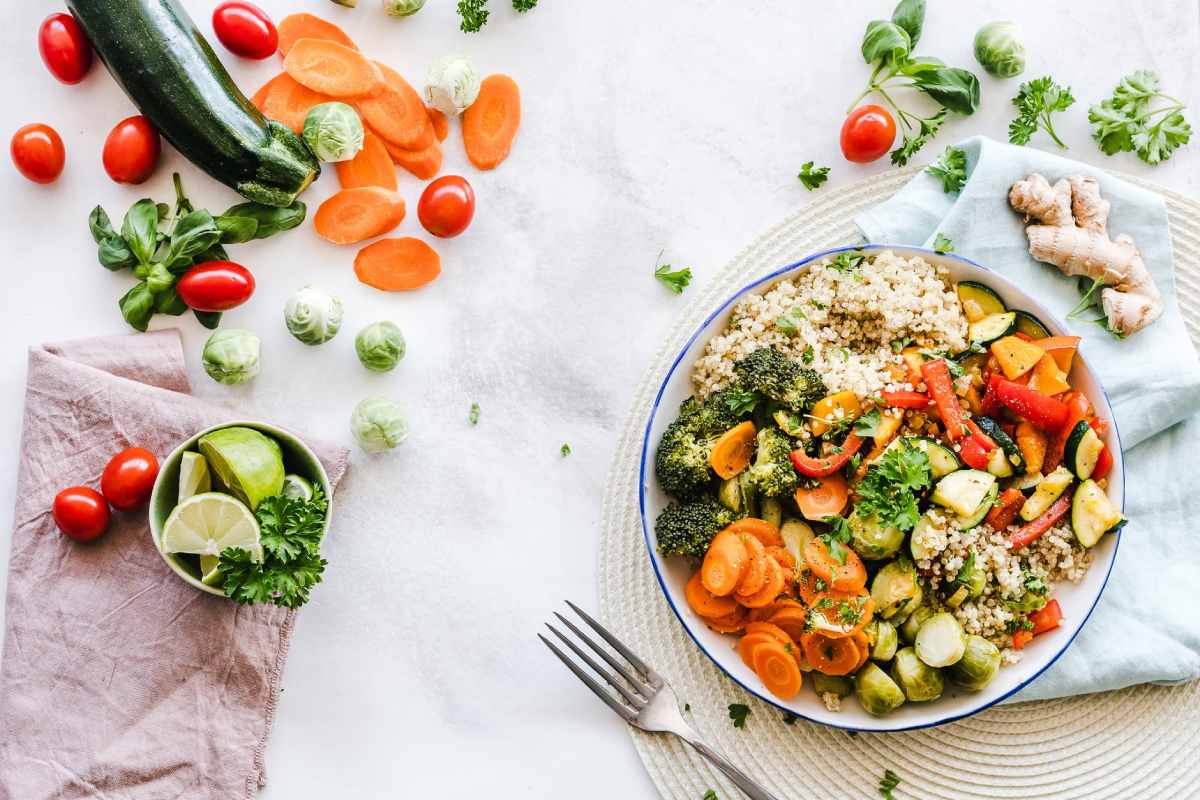Table of Contents
Introduction
If you are just a football admirer who likes to kick a ball occasionally with friends, your shape and daily habits can influence only your well-being. So, deciding whether you need a diet and constant workouts is up to you. However, if you have decided to go pro in this sport, you must move the goalposts. You are responsible for how you look, move, and achieve the required results. Every football club hires professional nutritionists who create the right menu and diet for football players. Indeed, their diet must be helpful to and qualitatively affect the player’s progress. Of course, every nutritionist has a specific approach and views on certain products, but in most cases, specialists’ opinions coincide very often. So, if you have already studied a custom writing review to clear up your schedule, it is time to find the peculiarities of football players’ diets and lifestyles.
Peculiarities of a Football Player’s Nutrition
When it comes to professional football players, their fat mass shouldn’t exceed 12% of their total body weight. If this number increases, the player becomes slower, and their joints and spine must withstand the extra load. For instance, a person who does not engage in any professional sports and leads a normal healthy lifestyle consumes only 2,400 calories per day, while a football player must consume from 3,000 to 3,500 calories per day when their body is under stress. If the loads increase, a football player must consume 5,000 calories. The menu of a professional football player should consider various factors, including the necessary nutrients.
Proteins
A football player should consume about 2,3 g of protein per 1 kg of weight. Remember that 60 percent of all proteins should be of animal origin. In this case, beef, chicken, fish, dairy products, and eggs are suitable. The remaining missing grams of proteins can be replenished thanks to beans, cereals, rice, and baked potatoes.
Fats
The athlete should get 1,8 g of fat per 1 kilogram of body weight. Fats are essential elements that provide you with the very necessary energy for physical activity and so on. Most of them are found in dairy products (butter, cream, etc.), nuts, and oils from nuts, flax, and sesame.
Carbohydrates
And the last thing that the human body cannot do without is carbohydrates. Everything is a bit complicated here since there are no specific norms for consuming carbohydrates per day for athletes. One should consider that simple and complex carbohydrates are absorbed differently. Various grains, vegetables, and fruits with low sugar belong to complex carbohydrates and are preferable.
Diet of Football Players
Each professional team has its menu, which depends not only on a nutritionist and coach’s views. Since many teams have foreigners in whose homeland the national cuisine can radically differ from the local one, their preferences are considered too.
Breakfast
The player should receive 30 percent of the total daily menu at breakfast. This meal is practically the most basic, and the player should receive many useful nutrients, which will be used during training. The football player’s breakfast usually consists of some porridge, eggs, whole-grain baked goods, and fresh juices.
Lunch
The athlete should consume 40 percent of the total daily menu during lunch. Therefore, this meal is also essential. In this case, lunch is intended for the body to recover after training. Football players usually eat soups, pastries, vegetables, protein foods, and fruits.
Snack
It shouldn’t exceed 10 percent of the daily menu. At first, it may seem unnecessary, but it plays a huge role in recovery. Generally, athletes eat vegetables, fruits, and dairy products and drink fresh juices.
Dinner
The player consumes 20 percent of the total daily menu. The main task here is to calculate calories correctly, not overdoing them with their amount. As a rule, the stomach works in an inhibited mode during sleep. Therefore, the food must digested before the athlete goes to bed. Otherwise, unwanted digestive problems will occur. Thus, football players consume vegetables and sugar-free drinks.
Healthy Habits
It is probably no secret that football players are prohibited from eating junk food such as chips and carbonated drinks containing a large amount of sugar. These various products are deep-fried, sweet creams, and alcoholic beverages. If a football player doesn’t follow a diet during the season, consuming prohibited foods such as alcohol, fast food, and much more, they will get a fine. Professional football players should generally lead a healthy lifestyle to achieve great results.
Workout
Successful football players must work out a lot individually and exclude any indulgences. They should regularly visit a gym, focusing on strength, endurance, speed, and functional state in their pieces of training. Most have three strength training sessions a week, alternating cardio and functional exercises. Students who cannot find time to work out because of their numerous college assignments can examine Write My Paper for Me reviews to find a reliable service that can help free up their schedules.
Recovery procedures
Swimming is one of the best ways to recover from workouts. In addition to training, professional football players should pay great attention to rest. They go to bed early and get up early, especially before the match. The proper sleeping schedule helps muscles recover and feel the energy in the daytime.


